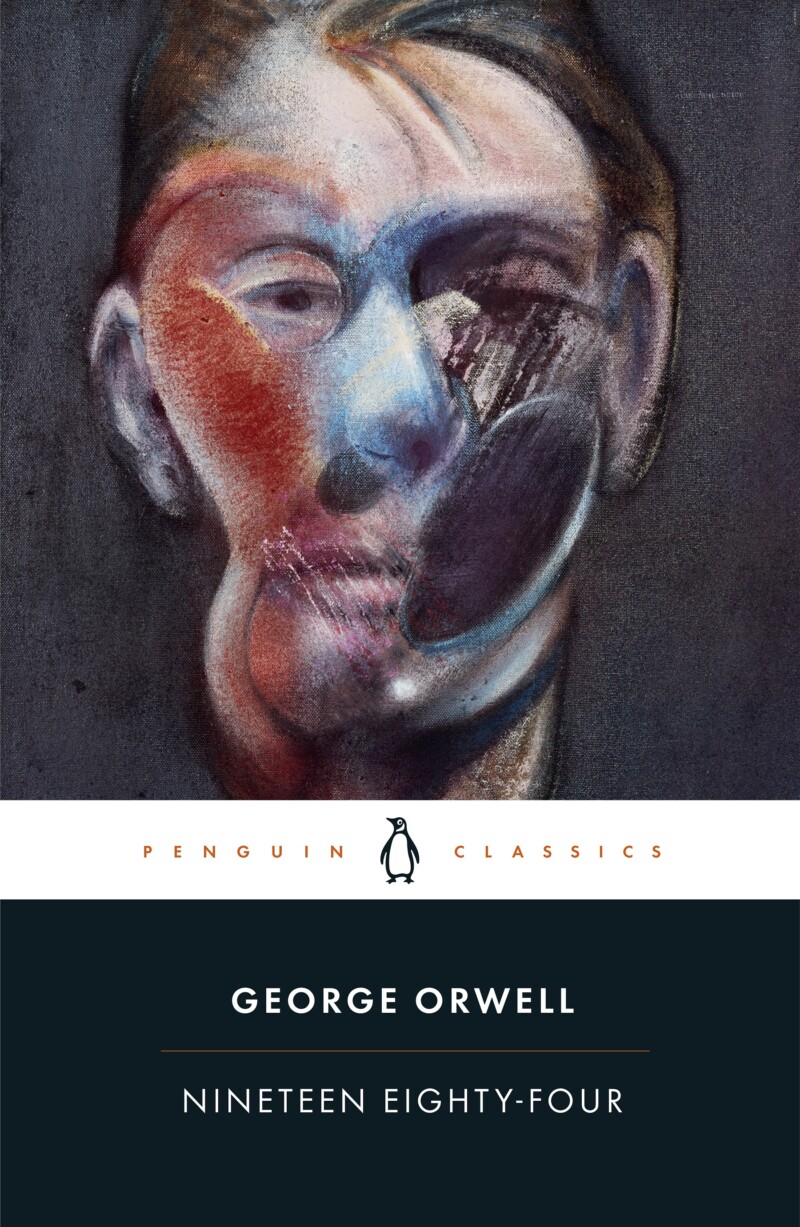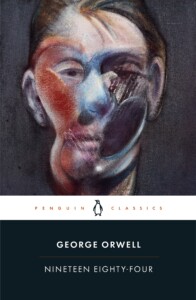Dystopian Literature and Contemporary Politics, by Lauren Beavis

Share this
2019 marks the 70th anniversary of the first publication of George Orwell’s novel Nineteen Eighty-Four.
I have read the book at least six times since the age of 16 when I was forced to at school! Now in my third year of studying Liberal Arts at Bristol University, I plan to do my dissertation on the link between dystopian literature and contemporary politics.
I believe dystopian fiction, specifically Orwell’s Nineteen Eighty-Four, is integral to our comprehension of not just how to avoid creating our own dystopia, but in understanding the vital importance of the societal structures we have implemented over the past 70 years. In this way, Orwell’s novel has not only instilled a sense of fear amongst his readers, but also, arguably, a sense of ignorance.
So many say ‘we could never create such a totalitarian world’ or even that the ideas in the novel are so far-fetched they only serve fantastical enlightenment, which cannot be practical in the world today. I disagree with this, however, because I believe the novel can teach us about the importance of fighting against the crowd (as cliched as this sounds).
Such an application, to take one example, is climate change. We should not be afraid to challenge the current political systems put in place today, which, objectively, are not doing nearly enough to save the planet from the mass extinction we are currently in. Such rebel groups, like Extinction Rebellion and Friends of the Earth (like the idea of the Brotherhood in Nineteen Eighty-Four), are examples of individuals challenging the current state. I think such fiction is therefore invaluable in inspiring change of current politics. Despite the turn of events in Orwell’s novel, our attempts need not end the same way.


